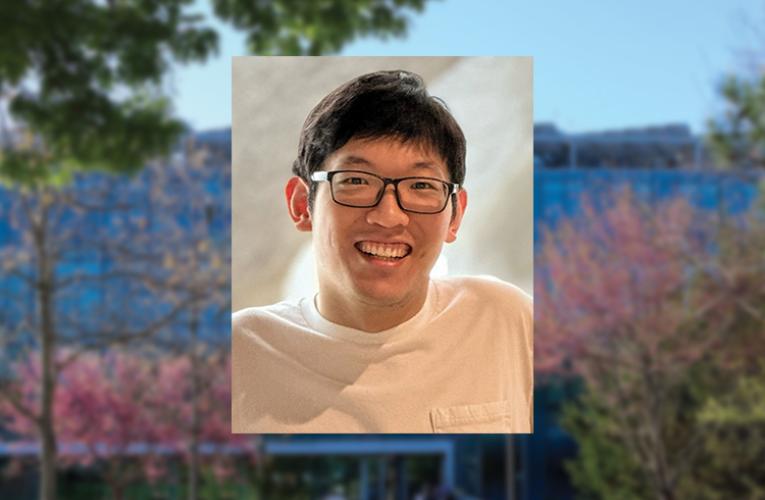Nicholas School Communications & Marketing
DURHAM, N.C. – Duke’s Nicholas School of the Environment is pleased to announce the appointment of Tong Qiu as assistant professor of ecology, starting July 1, 2024.
Qiu earned his Ph.D. in geography from the University of North Carolina where he studied the impact of urbanization and climate change on land surface phenology, which is the timing of seasonal changes in vegetation and land surfaces. His expertise in geographic information systems (GIS) and remote sensing has helped advance understanding of environmental changes and their impacts on human systems.
“NSOE’s diverse expertise is particularly appealing, as addressing climate change demands a transdisciplinary approach to tackle the various facets of this complex issue,” said Qiu about his new role. “The unique integration of fundamental and applied sciences, along with policy development at NSOE, creates an exceptional opportunity to bring effective conservation and management solutions to life. This collaborative environment is ideal for advancing my research and making great contributions to global environmental sustainability.”
Qiu’s recent publications have covered issues including North American ground beetles, tree fecundity, use of Unmanned Aerial Vehicle (UAV) images to estimate tree height, and the spatiotemporal evolution of urbanization – how cities change over time and what that means for planning in megacities. He currently has National Aeronautics and Space Administration (NASA) funding to research how new tree growth in forests changes through integrating NASA Earth observation data with predictive modeling, and a grant from the United States Department of Agriculture (USDA) to predict how managing forests may affect wildlife and non-living parts of the forest, like soil.
Before joining Duke, Qiu served as an assistant professor at Penn State University and a postdoctoral associate at Duke University. His work has been published in leading academic journals, including Proceedings of the National Academy of Sciences (PNAS). His research has examined crop yield, biodiversity response to climate and habitat, and the impact of climate change on vegetation growth.
Qiu has taught advanced GIS/remote sensing and how to use R programming language and Google Earth Engine to solve ecological challenges, among other courses. At Duke, he will continue to encourage students to explore complex relationships between human activities and the natural world. Qiu joins the Nicholas School’s Environmental Natural Sciences division, where he will advance research on ecological resilience and adaptation to climate change.
“Tong adds firepower to the school’s geospatial teaching capacity, and will teach core classes on the intersection of ecology and remote sensing,” said Lori Bennear, Stanback Dean of the Nicholas School of the Environment. “Tong’s scholarship and work on climate strengthens the Nicholas School’s contribution to the university-wide Duke Climate Commitment to create and implement nature-based solutions for a sustainable future.”
###
